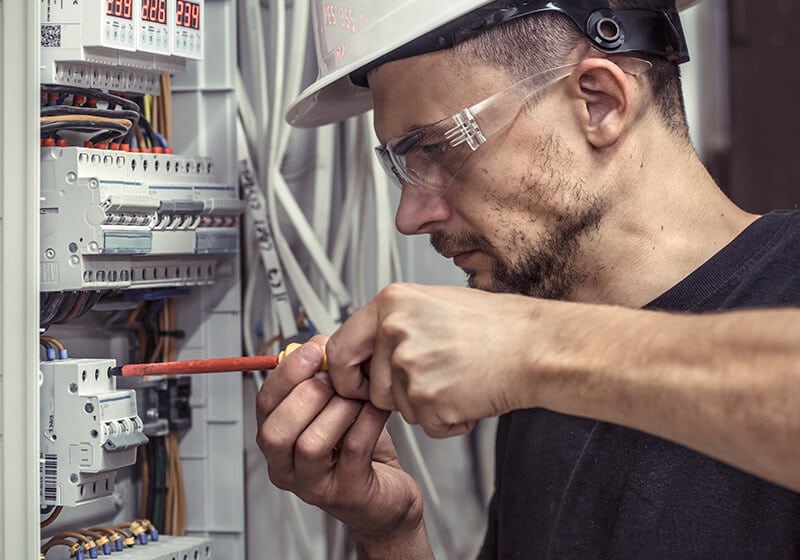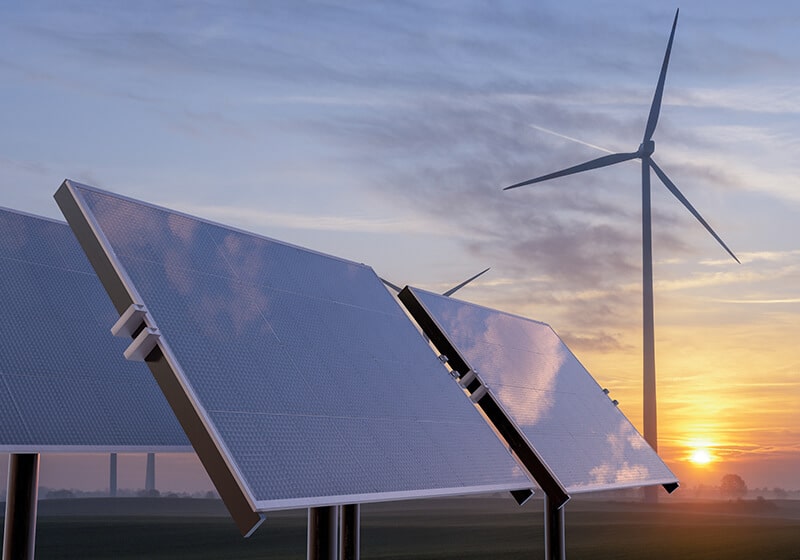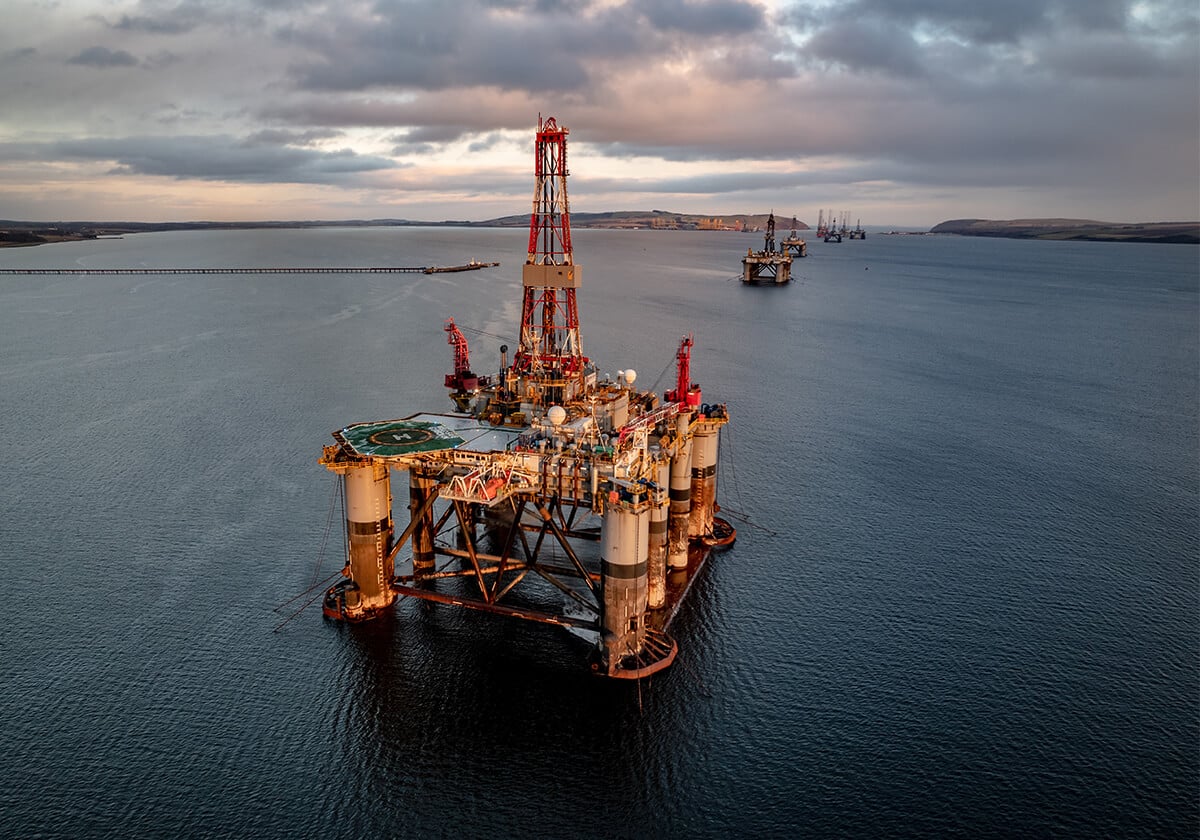
The UK energy industry is divided into two main sectors: power generation (which we have discussed at length here and energy distribution, which covers getting the various types of energy from their production sites and into residential and commercial properties across the country. Between them, the energy industry helps to keep the nation moving by lighting and warming our homes, running our various powered devices, and so much more.
Electroplating in the energy sector

Energy distribution is almost unthinkable without the right kind of electroplating methods to assist it. Whether it’s better conductivity for the nation’s electrical supply or corrosion-resistant pipes and tankers to ship fuel oil to generators across the UK, the industry requires plating solutions of the highest quality.
These are just a few of the ways that electroplating plays such an important role in energy distribution:

Storage and Transportation

Liquid fuel (including processed fuel oil and liquid petroleum gas (LPG)) is usually pumped from the main processing site via a network of underground pipes to massive storage facilities at strategic locations across the UK. This part of the distribution process is covered on our Power Generation page. To get the fuel from these tanks to their end users, it requires a mobile tanker, while the users themselves will need a suitable place for storage on site. Both the tankers and the storage vessels need to be resistant to corrosion, since even processed oil can deteriorate metal containers. These can be plated with a sacrificial layer of zinc or nickel that will protect them from corrosion.
Heat resistance

Now we look at the other side of energy distribution: electricity. The National Grid is a series of high-density cables and connectors linked to substations around the country and, from there, into individual homes and businesses. These cables can get extremely hot, particularly during times of heavy use. Plating the cables and other auxiliary components with a heat-resistant metal like zinc, copper, or nickel can help improve performance and limit the chance of power outages.
Wear resistance

As well as high temperatures, petrochemical plants bring in and expel thousands of gallons of raw materials every day. The machinery itself, as well as the miles of pipework involved in their distribution, are therefore subject to significant wear. Nickel-plated components, once again, are an effective way to protect your components from wear over time, greatly reducing the risk of damage and the cost of subsequent repairs.
Conductivity

Of course, for electricity to be distributed with maximum efficiency, the connectors, contacts, cables, and busbars all need to be highly conductive. While many of these parts are made of copper, giving them a good head start, you can improve conductivity by plating the components in gold, silver, or tin. Of these, silver is often the more popular choice since it is considerably more cost-effective. We use 99.99% pure silver for all connectors, busbars, and other electrical distribution components. This provides conductivity comparable to that of gold, but at a fraction of the cost.
Other sectors we cover


When using metal plating techniques in the electrical and electronic sectors, the two key concerns are precision and conductivity. Often you have to risk one in order to benefit from the other. This is where our expertise comes in, balancing the pros and cons of each metal, in order to deliver electronic components that work the way you need them to.

Whether we’re talking about the National Grid, criss-crossing the country providing the nation with its electricity, or more renewable sources of power generation like wind turbines and solar panels, electroplating is essential to the power industry. Components undergo great pressure on a day-to-day basis and must be robust enough to withstand the strain.

If components used in the power generation industry are under stress, it is nothing compared to the oil and gas sector. From North Sea oil rigs, to natural gas extraction centres, through to the pipeline infrastructure that gets it to hundreds of sites across the country for processing, the industry needs plated materials that can survive in the harshest of environments.





